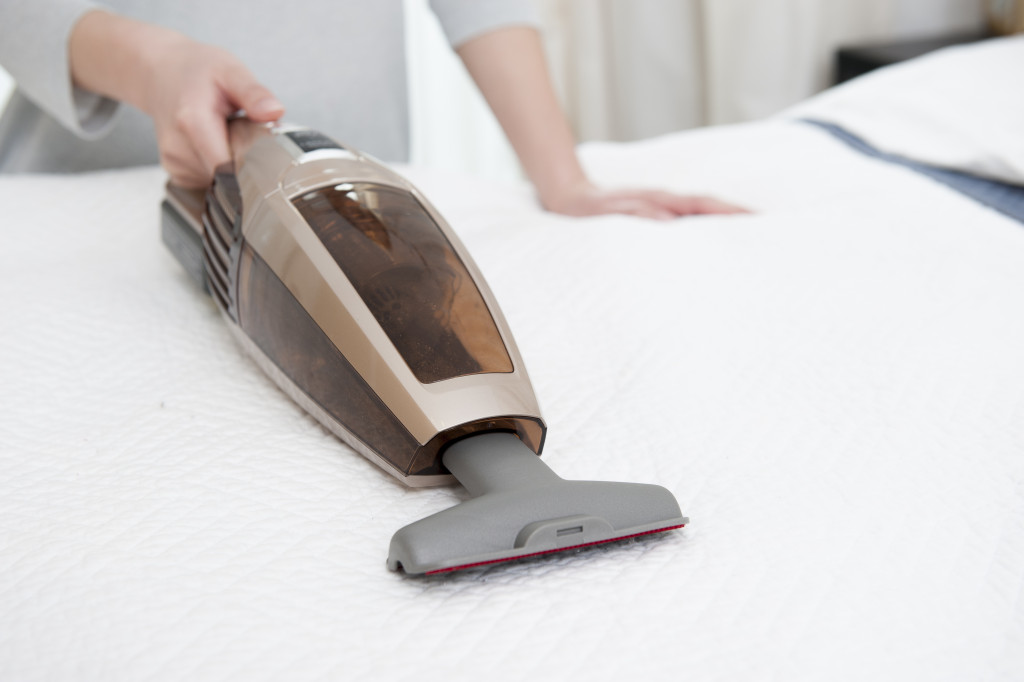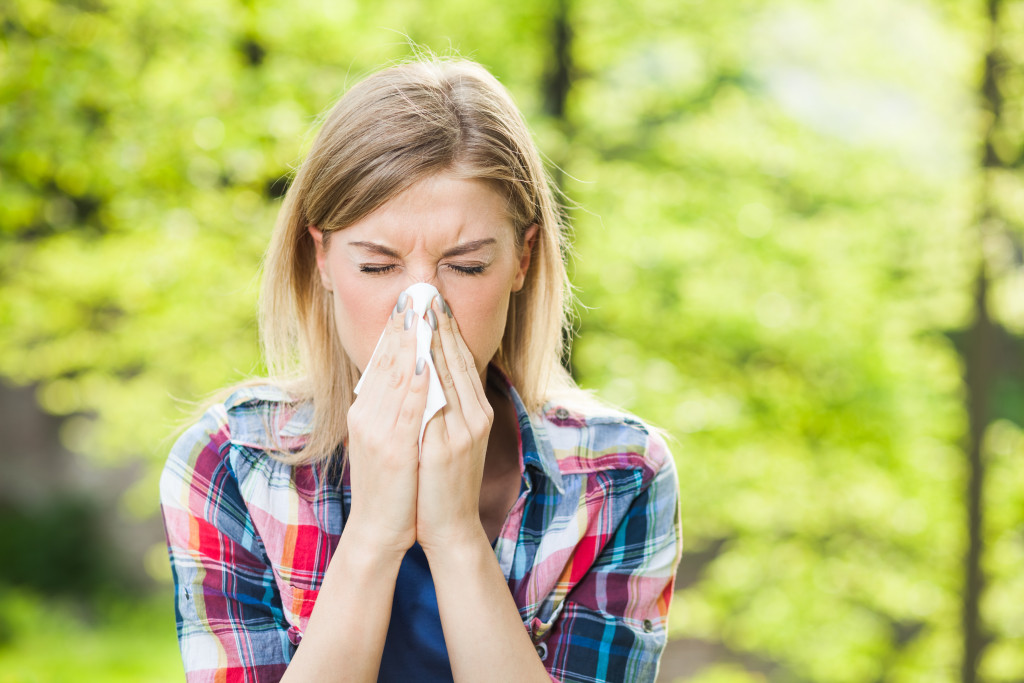- Keeping a clean environment is crucial, so use pet-friendly cleaning products and remove feces, hair, and debris regularly.
- Regular vet check-ups help prevent illness and ensure your pet’s up-to-date on vaccinations. Keep records and address any health concerns.
- Reduce allergen levels by keeping surfaces clean, using air purifiers, bathing pets, and consulting a doctor for severe allergies.
- Provide a balanced, high-quality diet and follow feeding schedules provided by veterinarians. Avoid table scraps and provide clean water.
Pets are amazing companions that add joy, love, and fun to life. Whether it’s a cute fluffy cat or a happy-go-lucky dog, having a pet in your home can improve your physical, mental, and emotional well-being. However, living with pets requires some responsibility to keep them healthy and happy, as well as keep yourself healthy. This blog post will discuss maintaining a healthy environment for you and your pets.
1. Keep your Home Clean:
A home with pets can quickly become dirty and messy. This is why keeping your home clean is essential so you and your pets can stay healthy. Regularly clean your pet’s living area and remove feces, hair, or debris. Vacuum your carpets and floors to eliminate pet hair and dust. Choose pet-friendly cleaning products free from toxic chemicals that can harm your pets.
When cleaning, ensure your pet is in a safe place, or take them outside if possible. They may be curious and try to investigate any cleaning products you’re using. It would be best if you also kept the lids of your trash cans securely shut to prevent your pets from getting into them and making a mess.

2. Regular Vet Check-Ups:
Regular veterinary check-ups are essential to keep your pets healthy and prevent illness. Schedule annual check-ups with your veterinarian to ensure your pet is healthy and up-to-date on vaccinations. Keep a record of your pet’s health records and proactively address any concerns about their health. Prevention is the key to maintaining a healthy pet.
For example, ticks may carry Lyme disease, so keeping your pet up-to-date on tick treatment is essential. Lyme disease is especially prevalent in certain areas, so if you develop any symptoms, talk to your doctor about Lyme disease testing. Post-Treatment Lyme Disease Syndrome (PTLDS), the chronic stage of the disease, may need more targeted solutions, such as hyperthermia treatment for Lyme Disease, which can help reduce symptoms.
3. Control Pet Allergies:
Living with pets can be challenging if you or a family member suffer from pet allergies. However, you can take measures to reduce the allergen levels in your home. First, clean all surfaces, especially couches, rugs, and pillows. Use air purifiers to filter out allergens from the air. Bathe your pets regularly to reduce dander, and use allergy medications if necessary. Always consult a doctor if you or a family member has severe allergies.
You may also need to consider alternative housing options for your pet if someone in the household develops severe pet allergies. Pet boarding or daycare services may be a good option. They can provide your pet with the care and attention it needs while you take care of your allergies. If that’s not an option, you can also look into pet-friendly rentals or housing options.

4. Maintain a Healthy Diet:
You and your pets need a healthy diet to maintain a healthy lifestyle. Food is essential for a pet’s growth and development, so providing them with high-quality food is important. Here are some tips:
a. Feed your pet a balanced diet
Animals need various nutrients to stay healthy, so provide them with food that properly balances proteins, carbohydrates, fats, vitamins, and minerals. Look for pet food with the AAFCO (Association of American Feed Control Officials) label, ensuring the food is safe and nutritious.
b. Avoid feeding them table scraps
Table scraps will provide your pet with all the nutrients they need and can lead to obesity or other health problems. Stick to a regular feeding schedule and portion size. Avoid giving them snacks or treats high in fat, sugar, or salt.
c. Provide access to clean water
Provide plenty of fresh, clean water to your pet. Ensure the water dishes are regularly washed and filled with clean water so they can drink whenever they are thirsty.
d. Follow the veterinarian’s advice
Consult with your veterinarian if you have questions about your pet’s diet. They can help you select the best food for your pet’s needs and provide advice on maintaining a healthy diet.
Living with pets is a rewarding experience with numerous benefits for you and your pets. However, it’s essential to maintain a healthy environment for you and your pets. Keeping a clean home, scheduling regular vet check-ups, controlling pet allergies, and maintaining a healthy diet are key steps to keeping your home and pets healthy. By following these tips, you can ensure you and your pet are happy and healthy.



